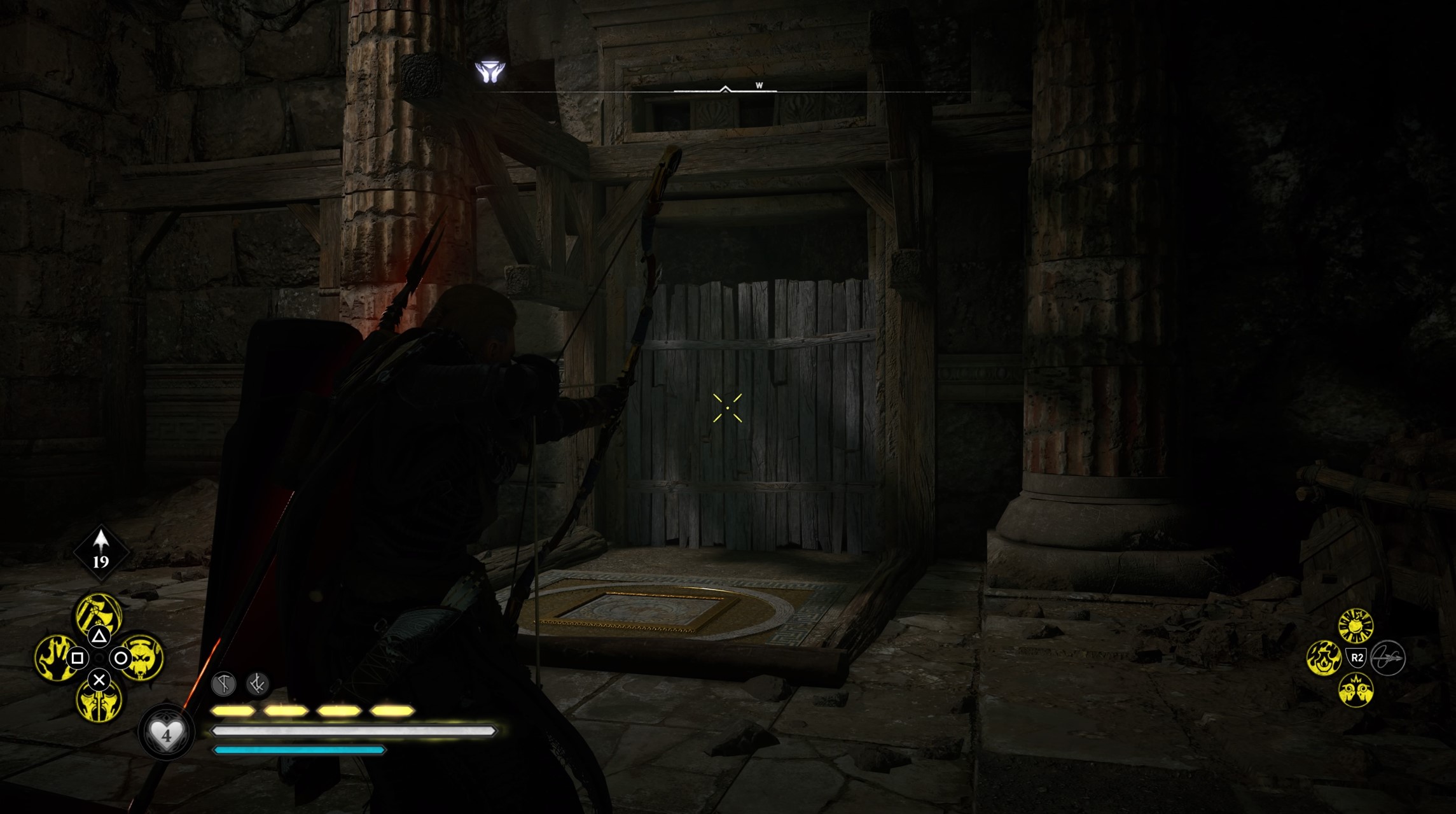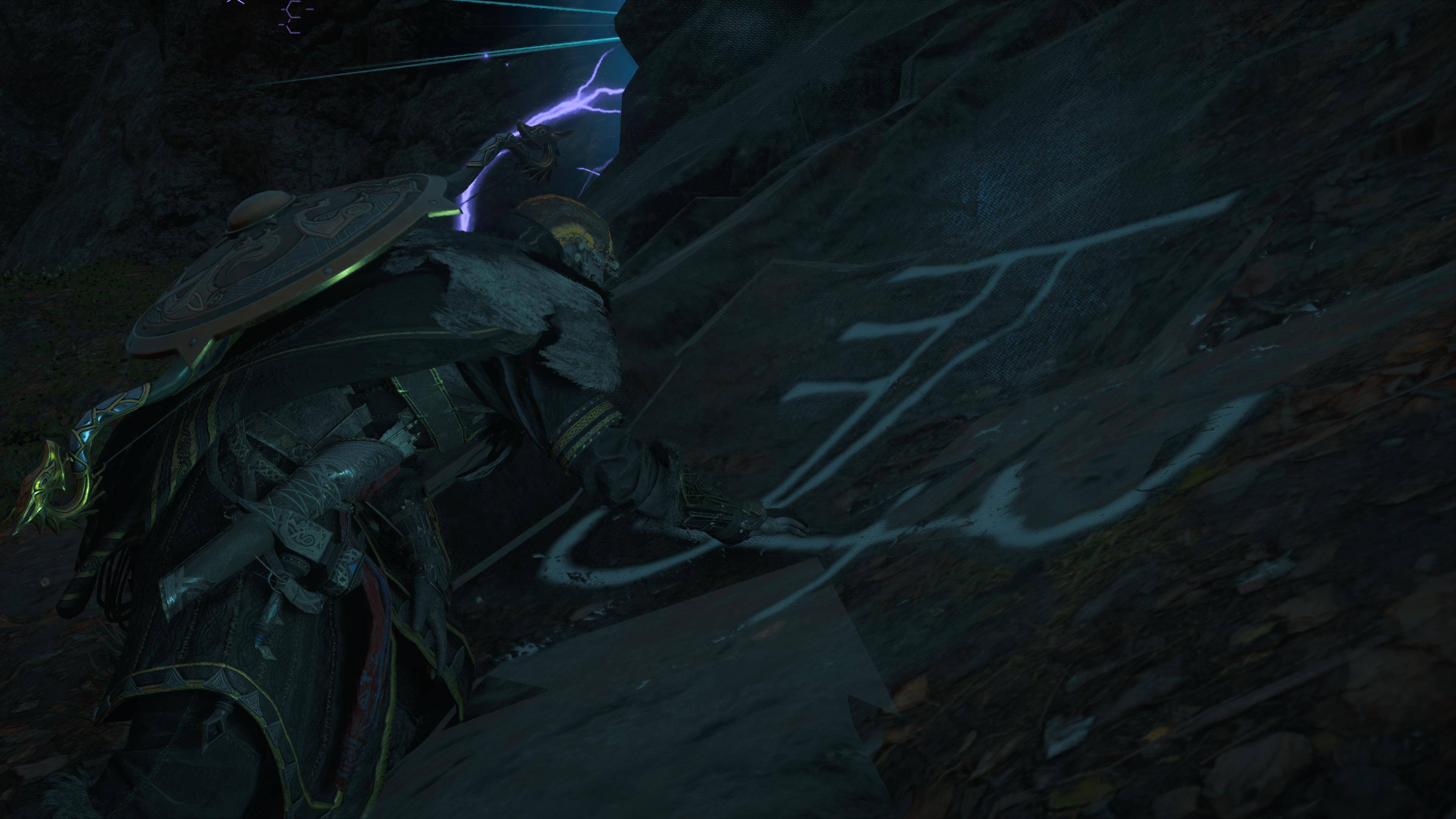
#Burial valhalla room manual
Odin from Manual of Mythology courtesy of Wikimedia Commons
#Burial valhalla room series
Loki was a trickster god who caused problems for Odin and Thor and led the opposing army against them at Ragnarok.In The Prose Edda, Snorri describes Ragnarok as a series of battles and natural disasters which led to the final battle culminating in the deaths of Odin, Thor, and Loki. He was also a god of fertility and war but did not advise human warriors as Odin did. Thor was Odin’s son and was the fighting god of thunder and rain. He was responsible for defending the world during the final battle of Ragnarok and was entrusted to bring the best warriors to his hall of the dead called Valhalla. The most is known about Odin, the king of the gods, who was depicted as an old, one-eyed man and a great magician who advises and assists his favorite warriors. The Vanir were fertility gods named Njord, Frey and Freyja.There was once a war between the Æsir, the gods of the sky, and the Vanir, the agricultural gods of the earth, but they eventually lived in harmony. The Æsir lived in Asgard and included the most important gods Odin, Thor, and Loki. The Prose Edda contains stories of the Viking pantheon of gods from two families, the Æsir and the Vanir.

One of the best sources is The Prose Edda by Snorri Sturluson written in the 1220s. The Vikings were an oral society so the mythological stories of their gods were not written down until the medieval era. For example, even though Odin was one of the most important gods and was recognized by all members of the community, he was especially worshipped by kings and warriors.Archaeological and historical evidence of burial rituals indicates the Vikings used cremation and inhumation to dispose of their dead, but the grave construction, grave goods, and evidence of animal, and occasionally human, sacrifices was quite varied. Their belief system was polytheistic and today is considered a ‘non-doctrinal community religion’ since there was no set of specific beliefs or ritual practices.Even though the community as a whole recognized many gods, individuals could perform whichever rituals and worship only the gods which were relevant to their life or vocation. The Vikings had many different religious and burial rituals. If Social Security checks are automatic deposit, notify the bank of the death.Research Paper for Early Medieval Europe by Darci Clark





 0 kommentar(er)
0 kommentar(er)
